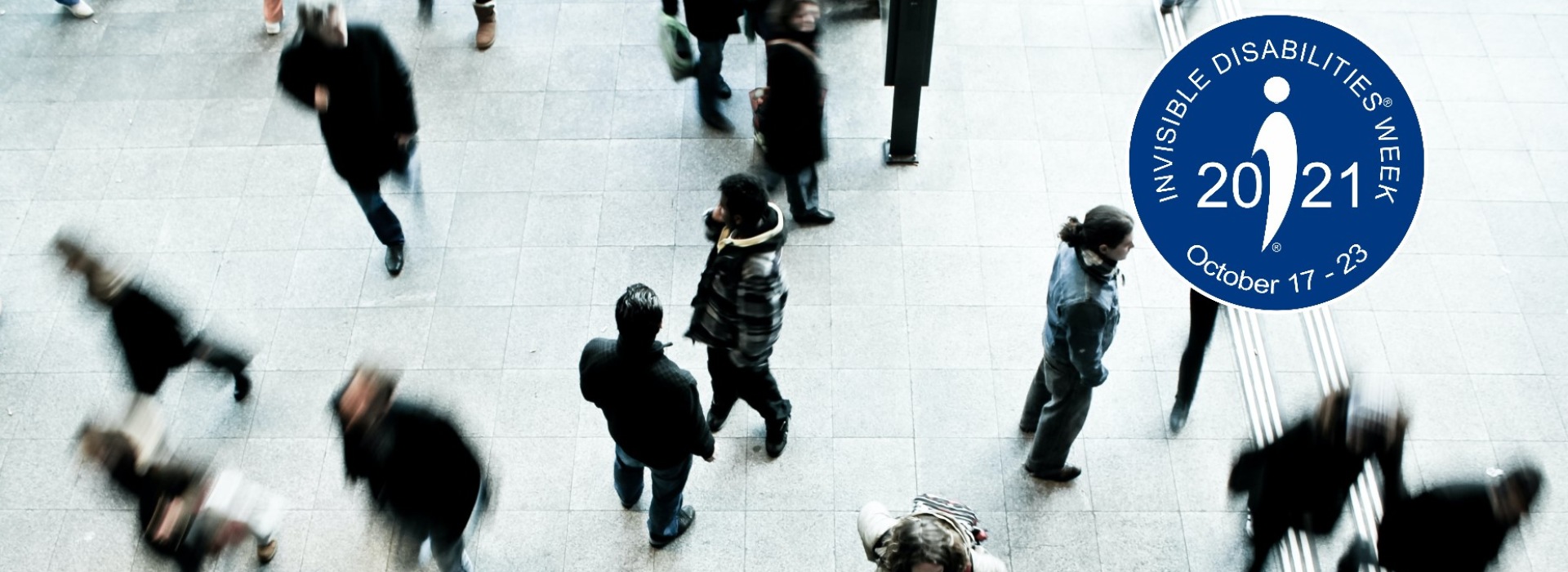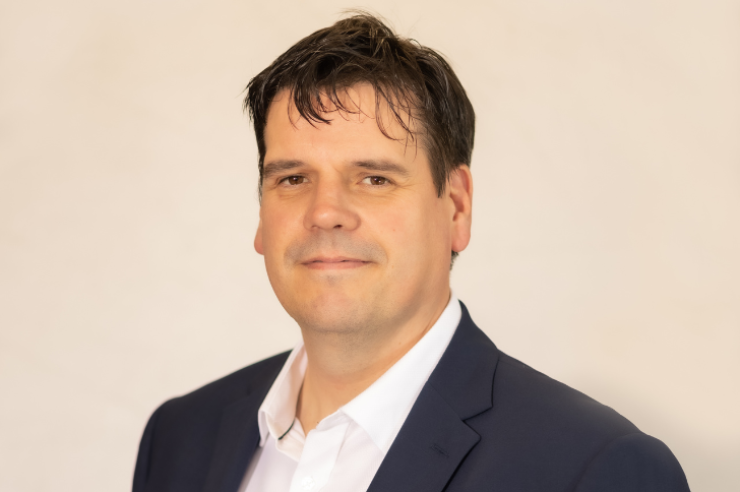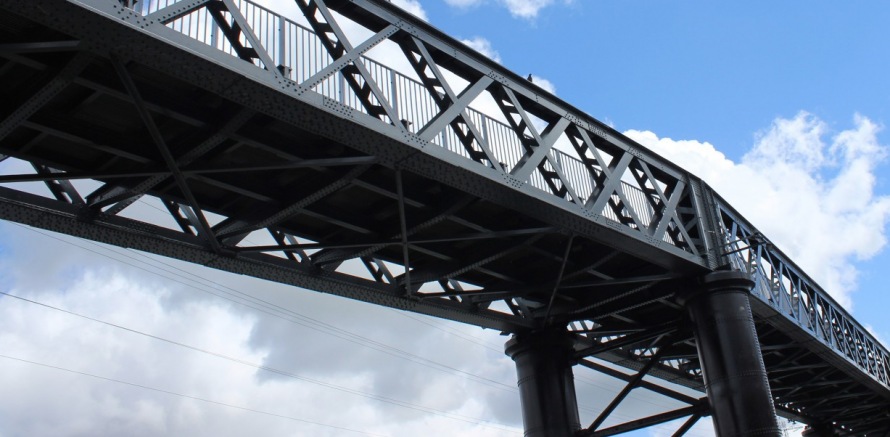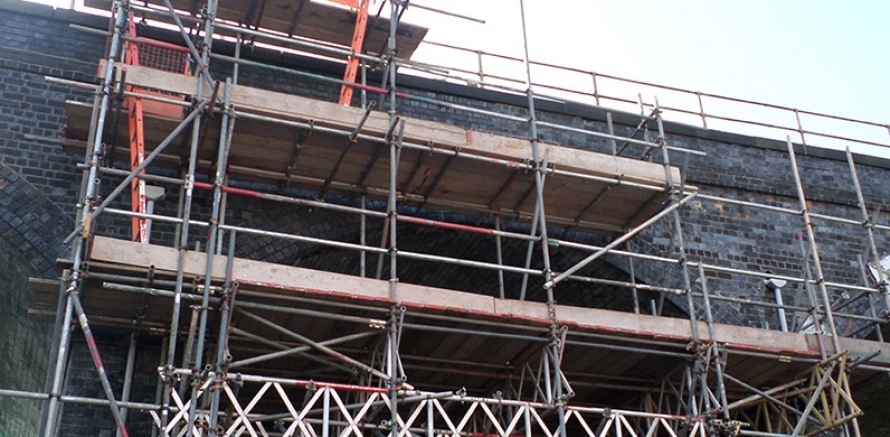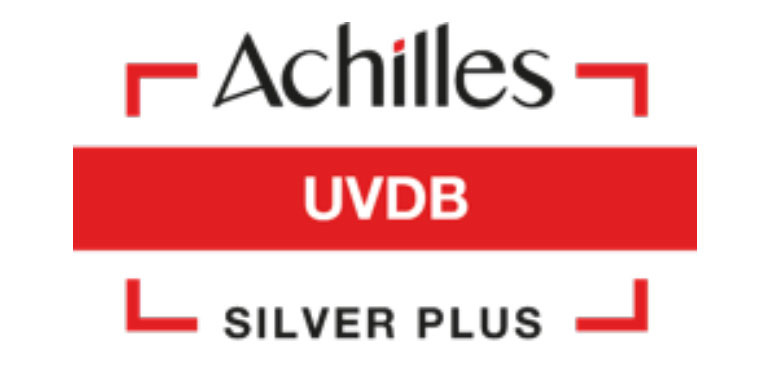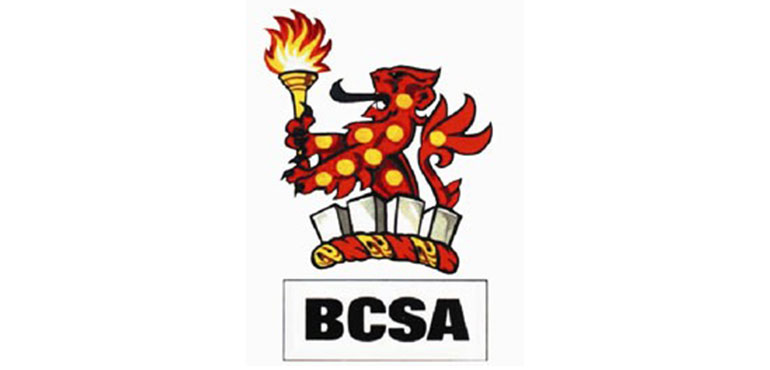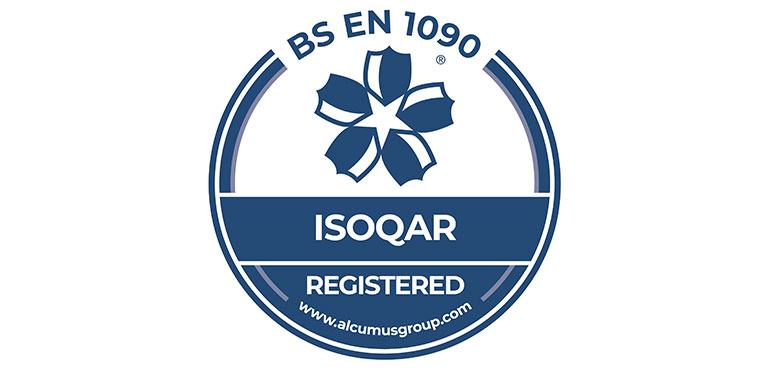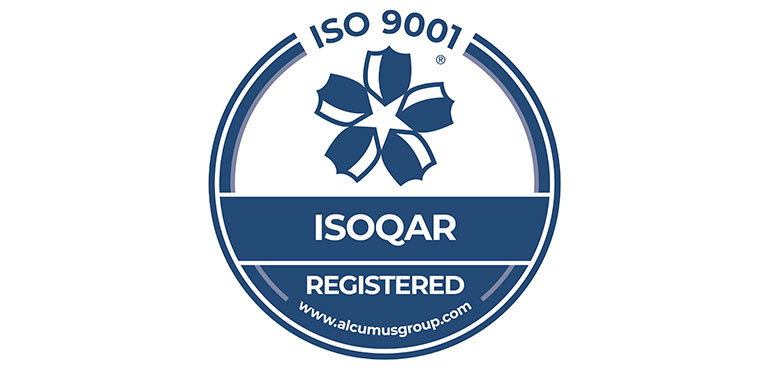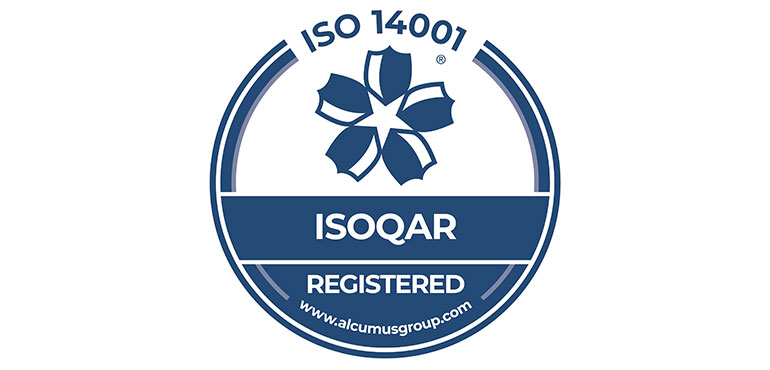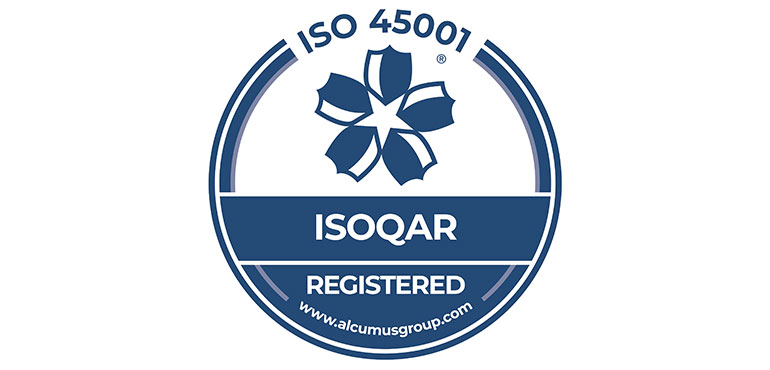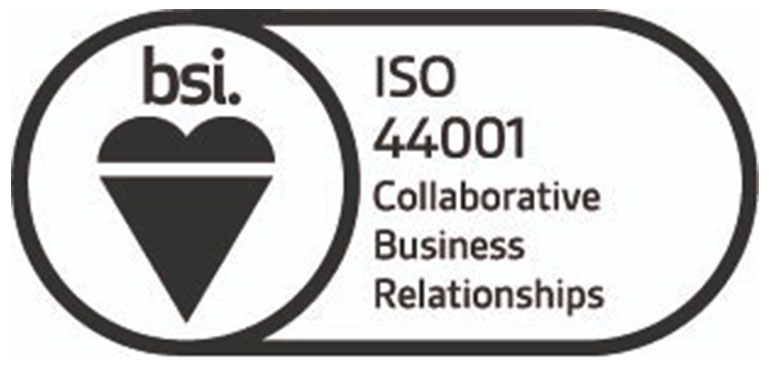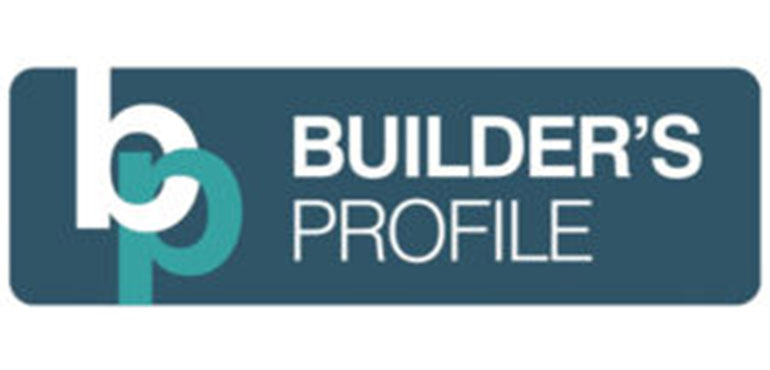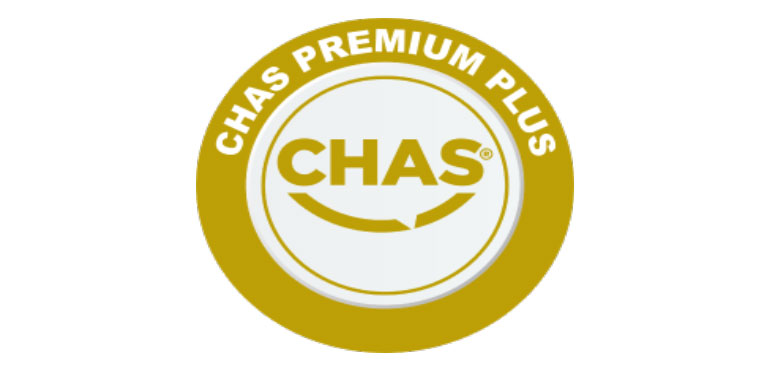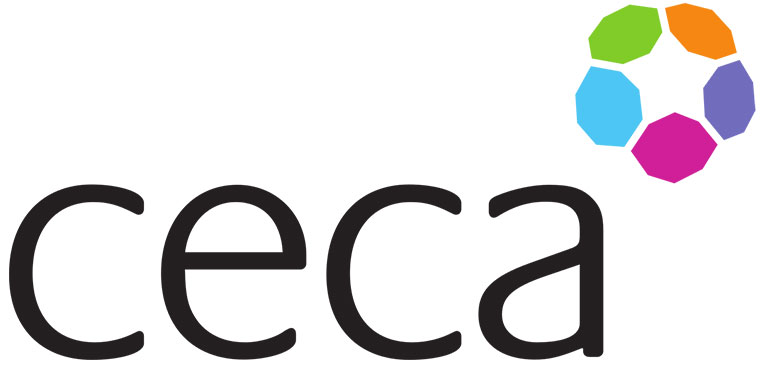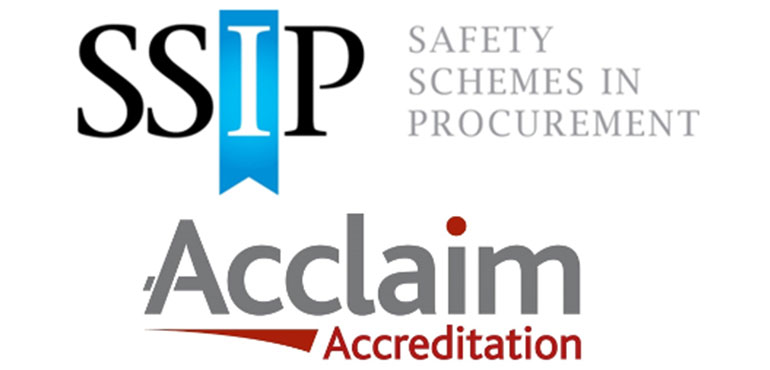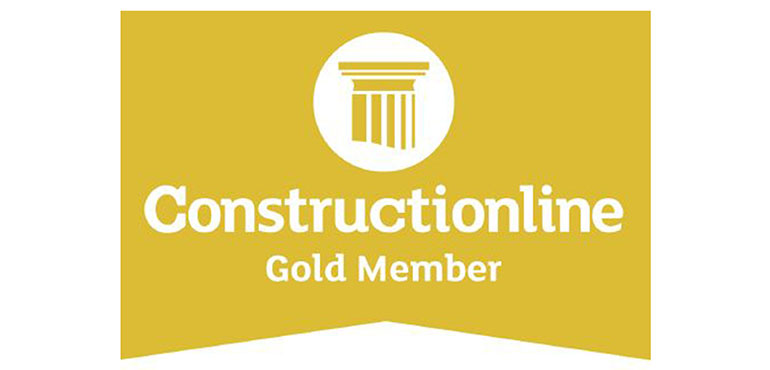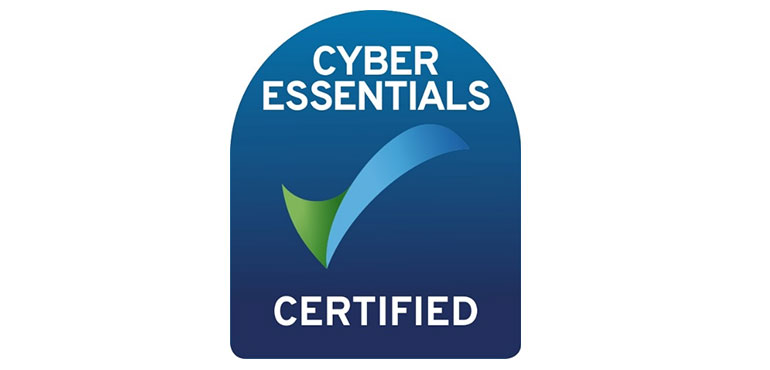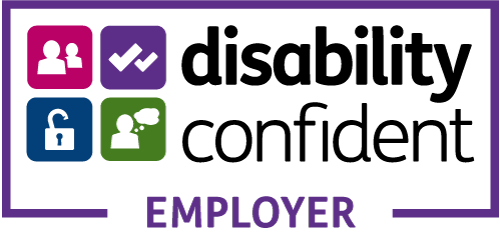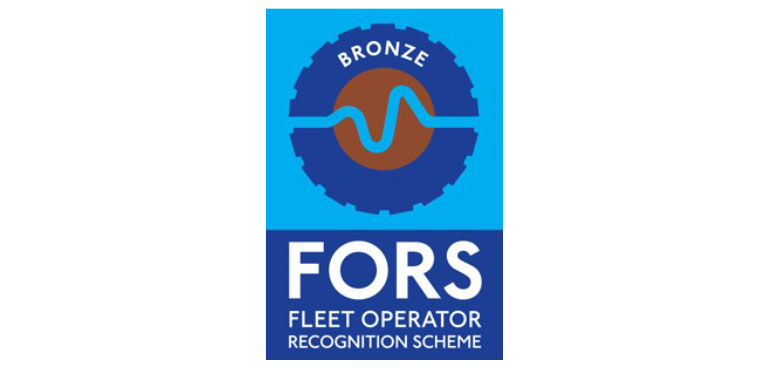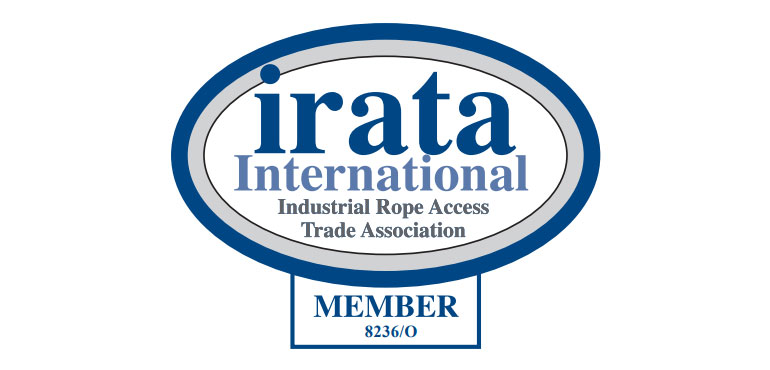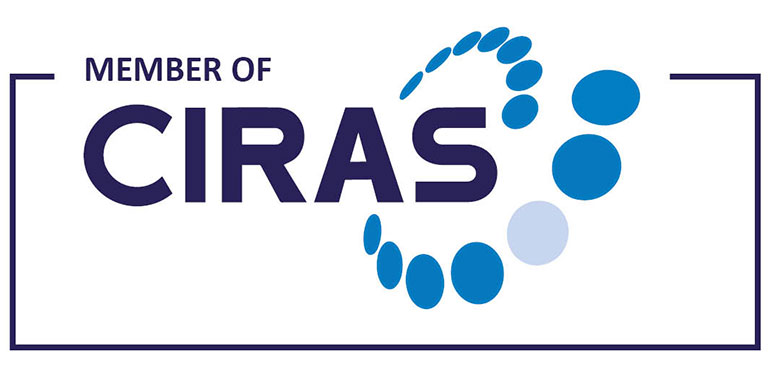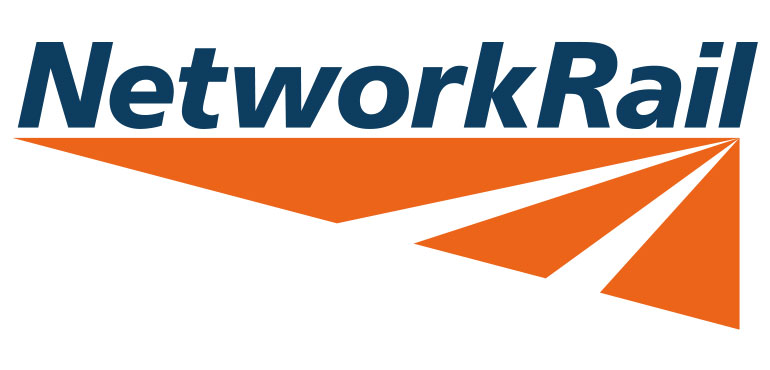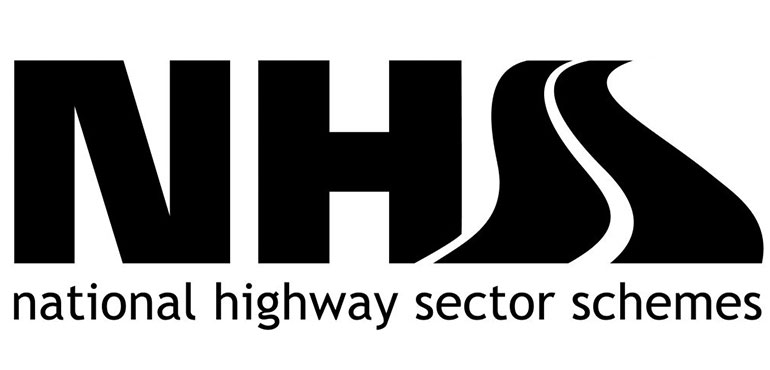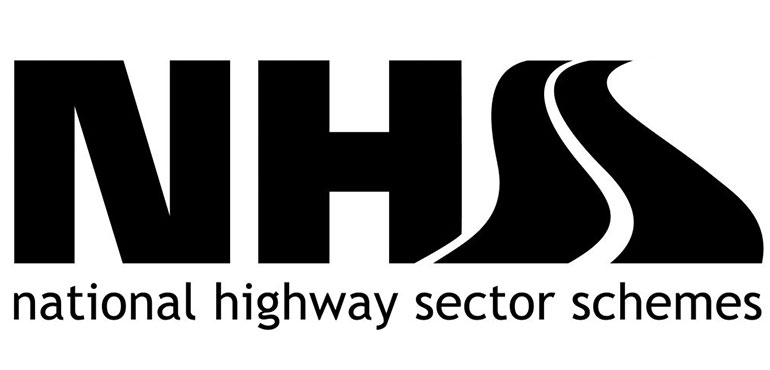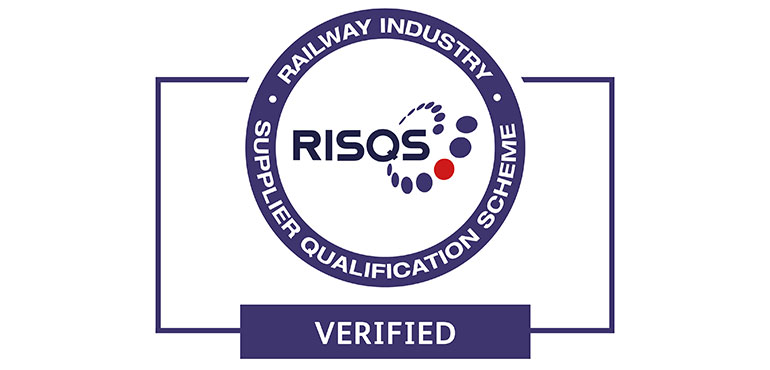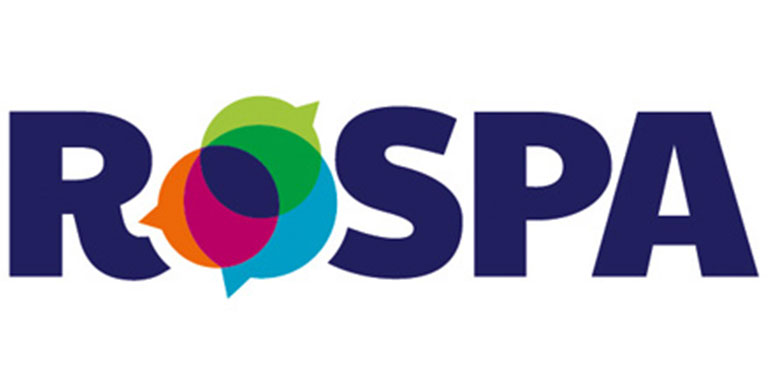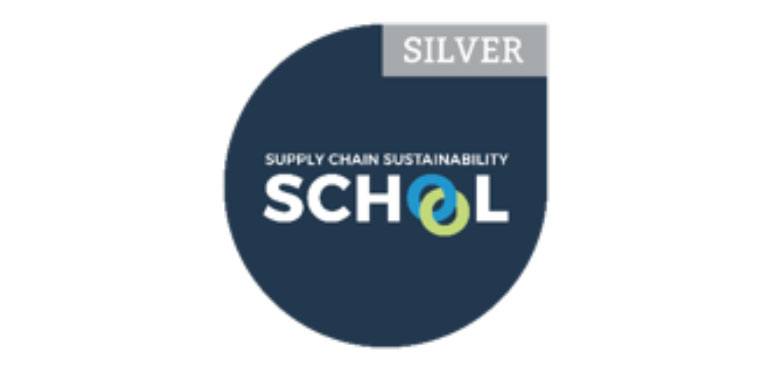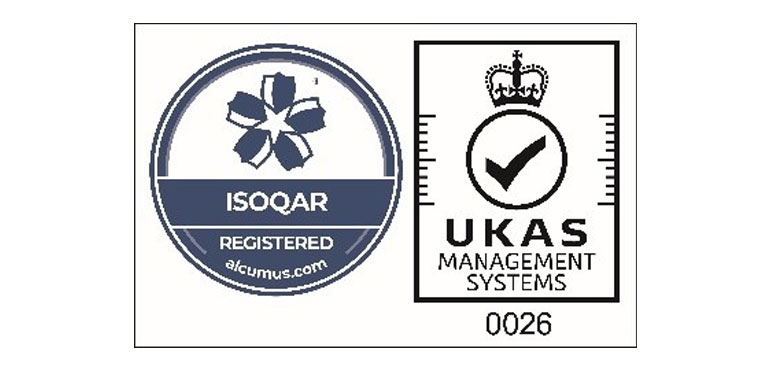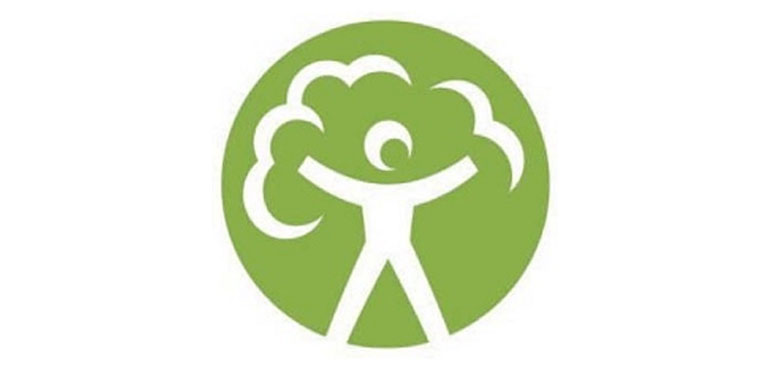Living With an Invisible Disability
Published 18th October 2021
October 17th to 23rd is Invisible Disabilities Week 2021 which is hosted by the Invisible Disabilities Association (IDA). Taziker wish to use this opportunity to bring awareness to invisible disabilities and the ‘visible courage’ that comes alongside it. Our Head of HR, Jenny Baker, has written about her own experiences and sheds some light on the difficulties of living with a hidden disability.
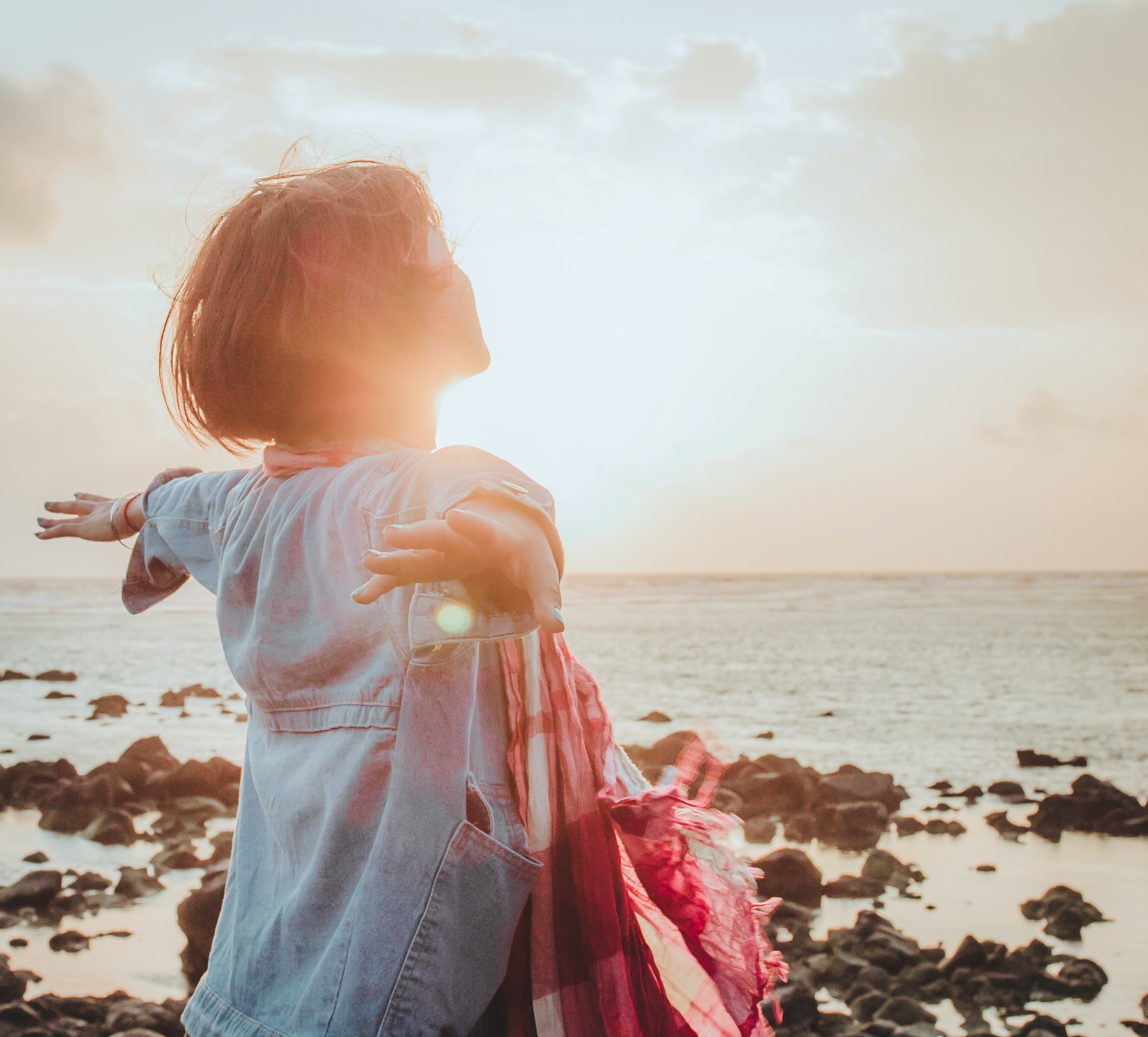 What Is a Hidden Disability?
What Is a Hidden Disability?
“What is a hidden disability? It is a constant struggle to do what everyone else takes for granted. There are many hidden disabilities that affect people on a daily basis: diabetes, MS, autism, and hypermobility syndrome - to name but a few. Every day, someone with a hidden disability fights for the norm. One of my favourite sayings is “Pretending to be sick? Oh no, you have it wrong. I am pretending to be well”.
I can’t talk for everyone with a hidden disability, but I can share some of my own struggles. Anyone that knows me will tell you that I am always happy and smiling with a positive attitude and friendly approach - or at least I hope they would. What people don’t realise is that every single day I am in pain, and I struggle daily to do things that most able-bodied people take for granted. Take your morning routine for example, your alarm goes off, you get up, shower and dress, without much thought. For me, I wake up and assess the issues that sleep has caused. During my sleep, I often push joints out of place which means that they have to be put back before I can even think about getting out of bed. Depending on how many joints I have misplaced in my sleep depends on how quickly I can get up, how much it effects my balance, and whether or not I need to take my pain killers first thing, or if I can wait until I have eaten food. I have a young daughter who like many other children wanted picking up and cuddling when she was little or comforting if she fell, but I was unable to do this. Now that she is older and understands my limitations we can adapt, but can you imagine having to tell your child no when they need you to comfort them. Even something as innocuous as the weather changing means my body hurts more and I often struggle to sleep.
This is just my physical disability; I also suffer with PTSD and as bonfire season starts my entire world falls apart. I become anxious and hypersensitive to what most would consider normal occurrences. I can become panicked if someone enters the room unexpectedly for example. I don’t sleep particularly well, so my attention suffers. Because I am tired, my joints become more painful, and my balance gets worse. When people have fireworks in their homes near where I live, I regularly spend the evening in tears. One particular year, I was unable to go into my kitchen for two days as a banger had been set off in the street. It flashed through the kitchen window as I was entering, and I was quite frankly terrified.
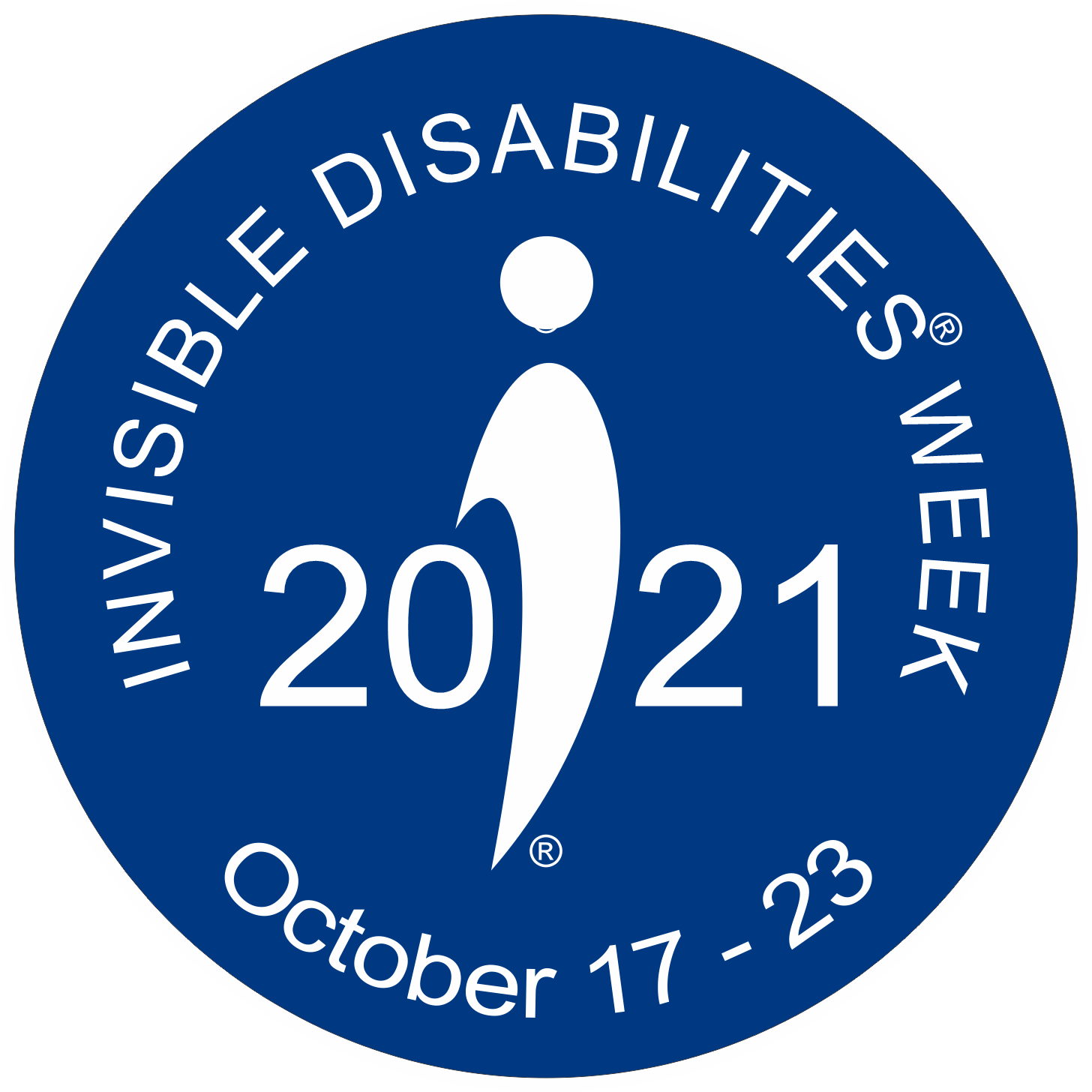 Don’t get me wrong this is not an attention seeking exercise. In fact, most people with a hidden/invisible disability will not mention it unless they have to. However, I would like to hope that reading this, people will stop and think. Not every disability is visible at first glance, a person in a disabled car parking bay that looks fine may be having the first good day in a while and a comment of ‘you don’t look disabled’ isn’t needed. Remember, always be mindful of how you behave and consider the feelings of those around you, whether at work or home.”
Don’t get me wrong this is not an attention seeking exercise. In fact, most people with a hidden/invisible disability will not mention it unless they have to. However, I would like to hope that reading this, people will stop and think. Not every disability is visible at first glance, a person in a disabled car parking bay that looks fine may be having the first good day in a while and a comment of ‘you don’t look disabled’ isn’t needed. Remember, always be mindful of how you behave and consider the feelings of those around you, whether at work or home.”
Creating Awareness
Having an invisible disability can be difficult but we hope that bringing awareness can help more people understand and support those who have them. We are lucky to have gained a first-person perspective from Jenny to help others with hidden disabilities know that they are not alone – as well as providing insightful knowledge for others to take away an understanding of invisible disabilities.
Taziker has partnered with IDA and encourage you to share your stories with us by using the hashtag #InvisibleDisabilitiesWeek on your posts.
